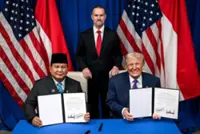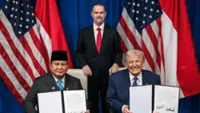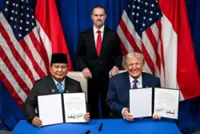PETALING JAYA: Malaysia's ambitions to become a regional leader in artificial intelligence (AI) could be derailed by new tariffs from the United States, according to a cybersecurity expert.
AI Society president Dr Azree Shahrel Ahmad Nazri said the US-imposed tariffs, particularly those targeting Chinese goods, have already had widespread repercussions across global supply chains, affecting Malaysia's own AI and data centre aspirations.





